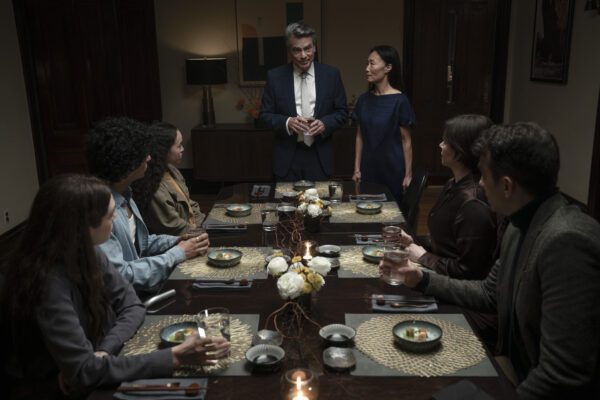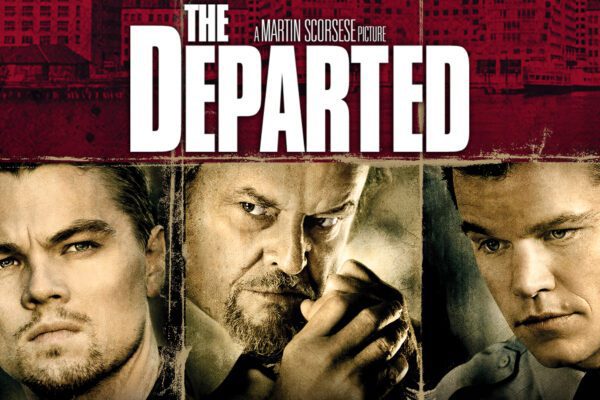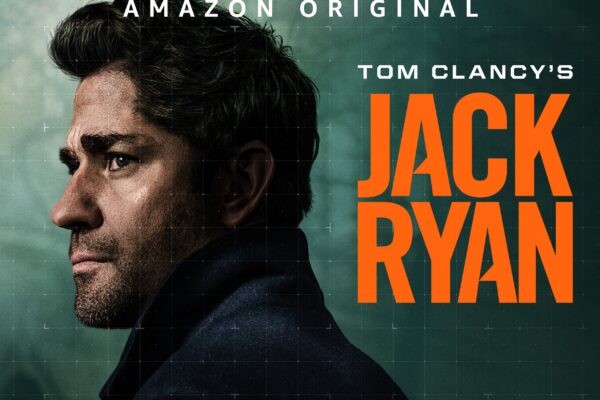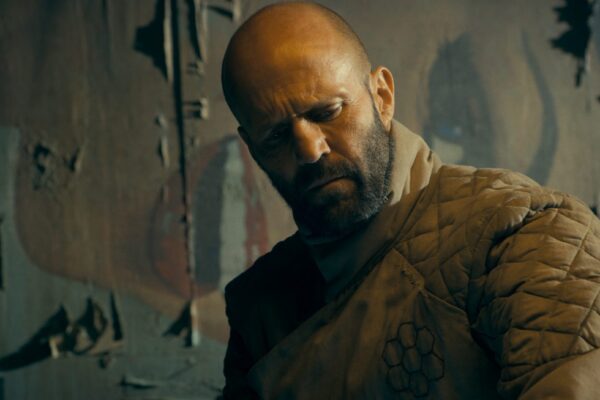
Humane: The Scariest Parts of Humanity
When the world has gone mad, is it possible to remain Humane? Directed by Caitlin Cronenberg, Humane depicts a world faced with global collapse. Under the threat of environmental disaster, the government resorts to extreme measures. By asking people to volunteer to die for the sake of financial remuneration, they hope to maintain control over Earth’s population. As…








